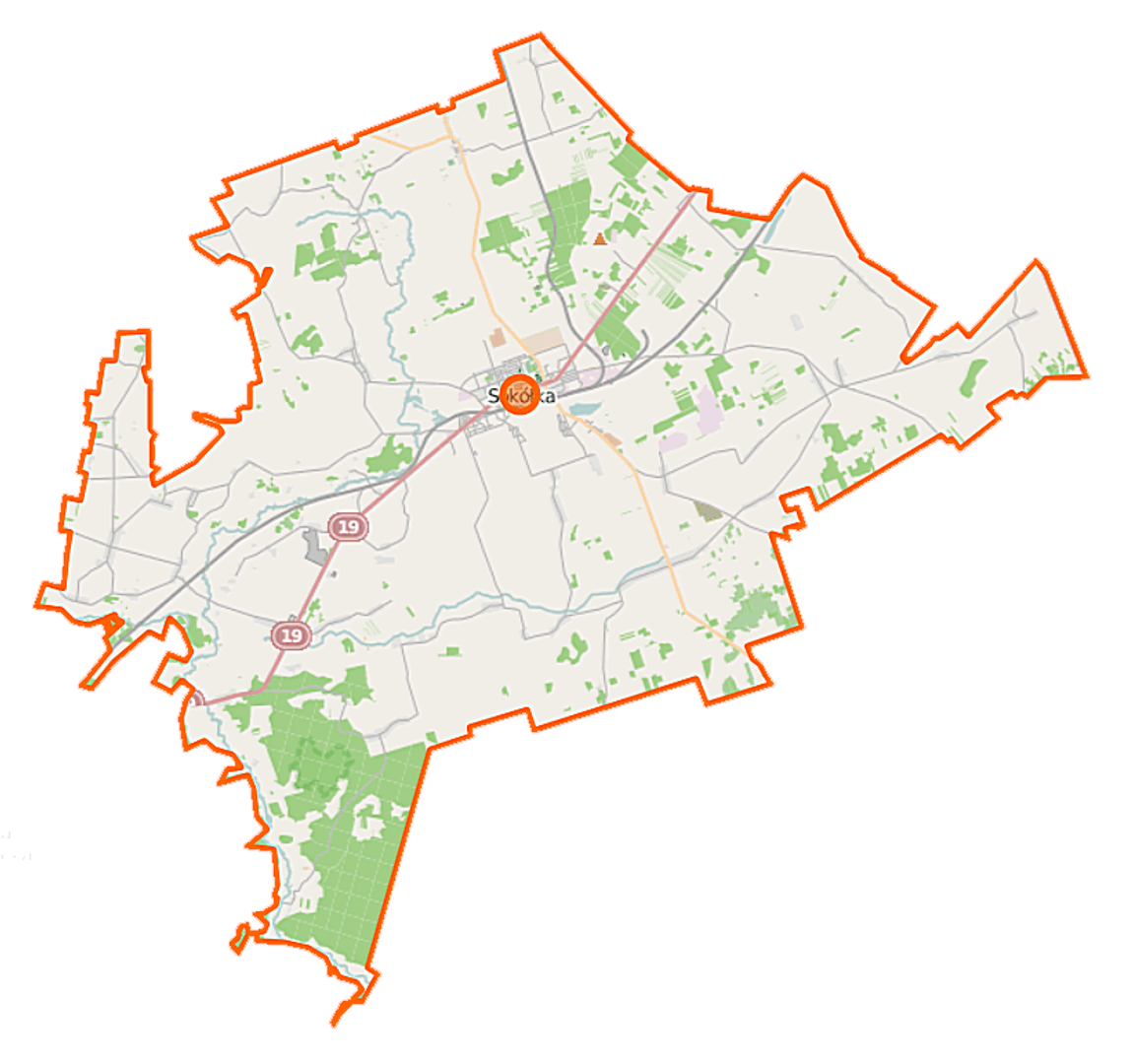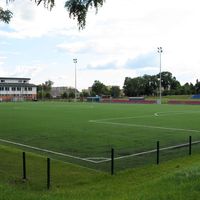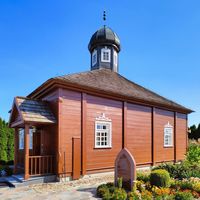Sokółka
7.05

Overview
Sokółka is an urban-rural municipality in the Podlaskie Voivodeship, located in Sokółka County, with its administrative seat in the town of Sokółka. Between 1975 and 1998, the municipality was part of the Białystok Voivodeship. Over the years, the population has changed, from 26,647 people in 2004 to 25,352 in 2019. The municipality covers an area of 313.62 km², of which 70% is agricultural land and 20% is forest land, highlighting the significant role of agriculture and nature in this region. Sokółka constitutes 15.27% of the area of Sokółka County.
Sokółka has a rich cultural and historical heritage. The region includes numerous localities with diverse names, including both village administrative units (sołectwa) and non-administrative villages, underscoring the local cultural diversity. The municipality is also known for its artisanal traditions and local customs, which are preserved by the residents. The area also enjoys a rich religious life; in Sokółka, one can find beautiful Orthodox churches and other places of worship that testify to the centuries-old Christian tradition and multiculturalism of the region.
The municipality borders Belarus, adding an international dimension to its character. It is worth noting that Sokółka, as a place with a fascinating history and traditions, has become a popular destination for tourists and history enthusiasts. The architecture of the municipality often reflects local styles and traditions, which can be an attraction for visitors. Various cultural events and festivals are organized in Sokółka, bringing the community together and promoting local identity.
Numerous village administrative units, such as Bohoniki, known for its Tatar traditions, or the picturesque location of Jeliona Góra, reflect the cultural diversity of the municipality. Interesting non-administrative villages, like Halańskie Ogrodniki or Nowinka, attract attention with their unique atmosphere. Sokółka Municipality, with its rich heritage, culture, and traditions, is a fascinating place to explore and discover regional values in the context of its architecture, history, and contemporary social life.
Location
You can also find here:
2026 Wizytor | All Rights Reserved


